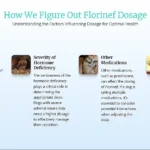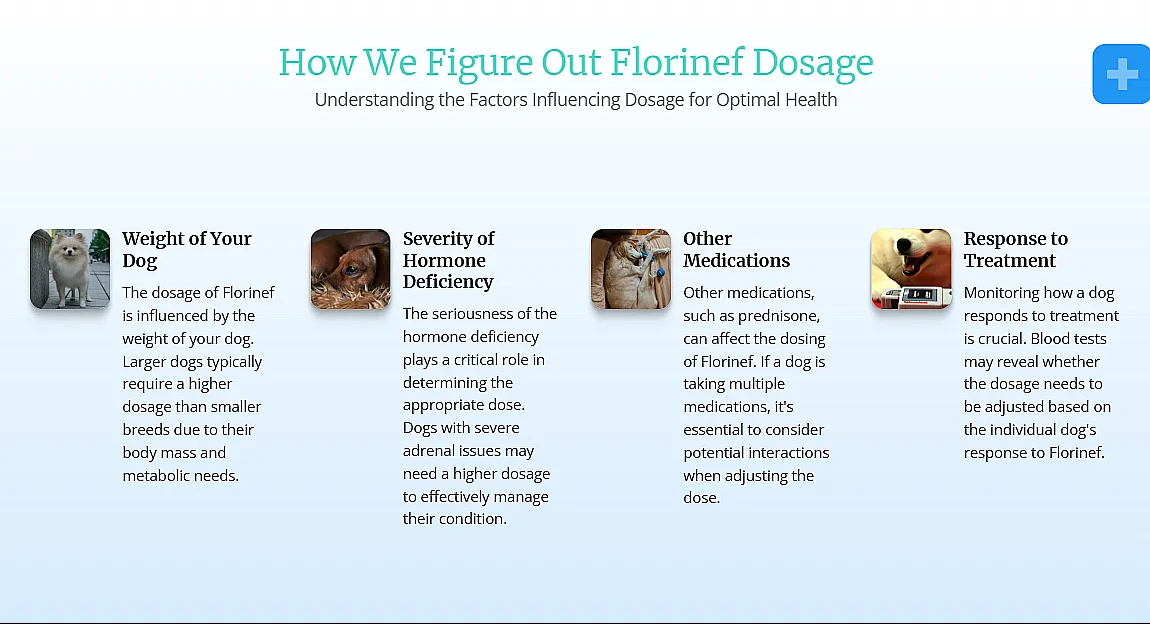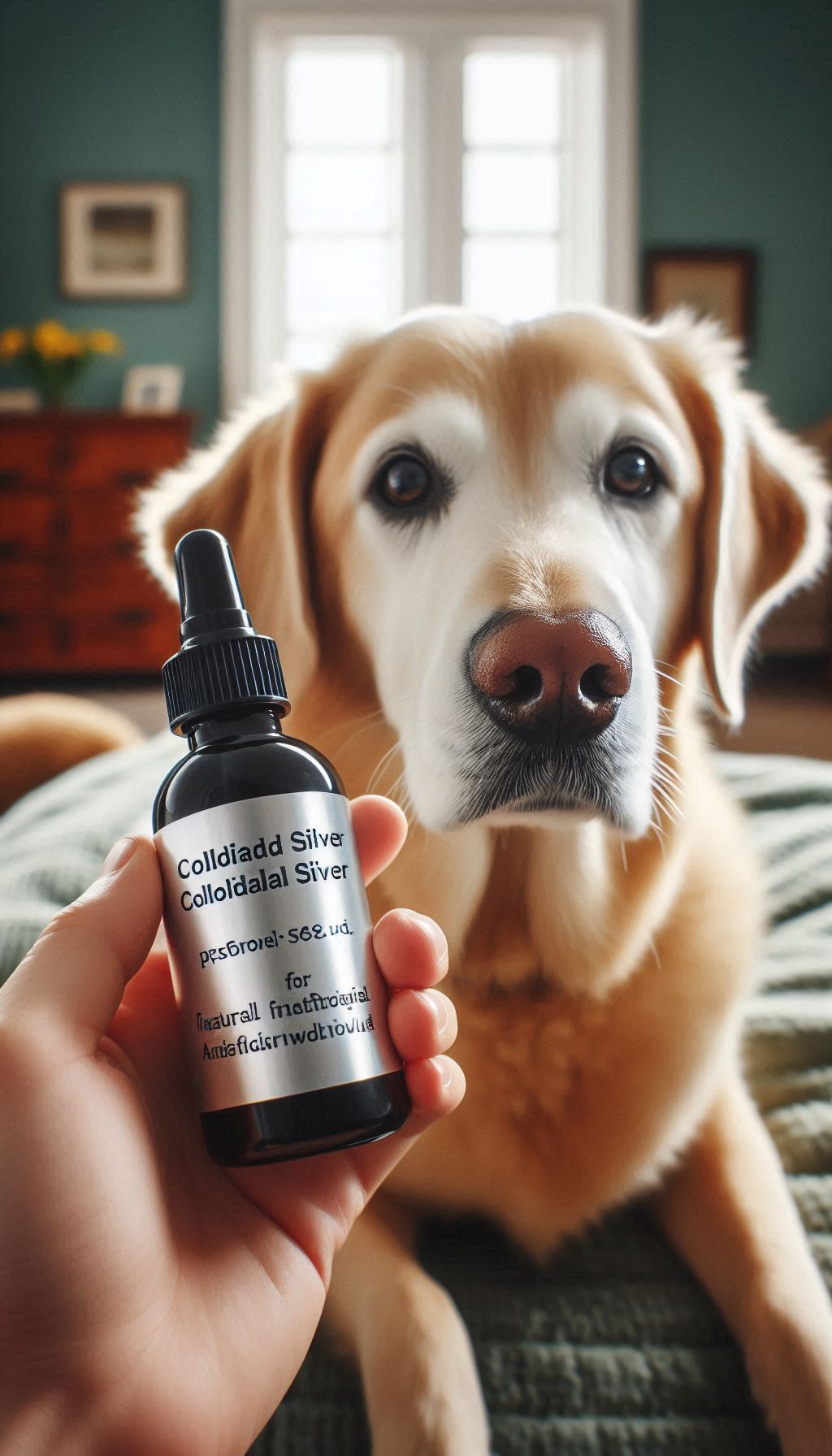Do you have a pup who loves trying new foods? If so, you may be wondering if artichokes are safe for them to eat.
In this blog post, I’ll take a look at whether or not dogs can benefit from eating artichokes (Cynara scolymus) and what safety measures should be taken when introducing this vegetable to your pup.
Is It Safe for Dogs to Eat Artichokes? (Short Answer)
Yes, dogs can eat artichokes, but it is extremely important to prepare them safely and feed them in moderation. They are rich in vitamin C, niacin, potassium, folic acid, and antioxidants, however, they should never be seasoned with garlic or salt. Watch out for the sharp thorns on the outer leaves which may cause choking. If you have any doubts, contact a vet before doing so.
What Are the Benefits of Artichokes for Dogs?

Artichokes are a nutritious option for pooches and can provide a range of benefits.
They are rich in antioxidants and vitamins, containing vitamins C, potassium, folic acid, and niacin. Artichokes support muscle growth and development in K9s, as well as help to maintain a healthy coat-skin.
Also, artichokes are also anti-inflammatory that can help reduce inflammation in the body.
They are also low in calories which makes them an excellent choice for pet parents who want to keep their pups healthy and fit.
Are There Any Potential Risks to Feeding Artichokes to Dogs?
While artichokes are nutritious and tasty treats for dogs, there are some potential risks associated with feeding them to your K9.
To avoid any potential risks, it is also important to only give your K9 artichokes in moderation and to ensure that they are prepared correctly.
How Should You Prepare Artichokes for Your Dog?
For those looking to feed their dog Cynara scolymus, it is essential to know how to properly prepare them.
Firstly, avoid feeding your furry friend leaves. These can be toxic and should never be given to a pet. It is also important to remove any thorns from the outside of the artichoke before giving them to your dog.
Cynara scolymus can then be boiled, steamed, or microwaved until tender. Once cooked, you can chop them into smalle portions for easier digestion for your pup.
It is also important to ensure that you are not adding any additional seasonings or sauces that could be potentially harmful to your dog.
How Much Can You Feed To Your Dog?
Keep in mind, moderation is key. Generally, a small amount should be enough to provide your pup with the nutrients they need without overfeeding them.
When introducing it to your K9, start with a small amount and increase the amount over time if needed and only if there are no signs of an allergic reaction.
It is also essential to note that pups should not be given the leaves or stems as these can be difficult for them to digest and can even cause gastro upset.
You should only feed your pup the edible part of the plant and cut it up into
itty-bitty pieces for easy consumption.
With that said, if you’re unsure about how much you can feed your k9, it’s best to consult with your vet before introducing this food into their diet.
Are There Any Other Safety Tips for Feeding Artichokes to Dogs?
What Should You Do If Your Dog Eats Artichokes Without Your Knowledge?
If you find out that your K9 has eaten artichokes without your knowledge, the best thing to do is to keep an eye on them for any signs of discomfort, such as vomiting or diarrhea.
If you notice any symptoms, it is extremely to take them to the vet immediately. You should also take note of how much your furry friend ate, as this could help the vet determine the best course of action.
What to Do if Your Dog Has an Allergic Reaction To Cynara scolymus?
If your K9 has an allergic reaction, take them to the vet immediately.
Symptoms of an allergic reaction can include hives, swelling, difficulty breathing, and vomiting.
It is also vital to keep a close eye on your furry friend for any further symptoms as they may indicate a more serious reaction.
If your K9 has eaten artichokes and is showing any signs of an allergic reaction, it is best to stop feeding them and seek medical attention right away.
It is also important to note that not all canines will have the same reaction and that some may be able to tolerate them without any issues.
However, if you are unsure, it is best to err on the side of caution and avoid giving your pet them altogether.
Can Dogs Eat Jerusalem Artichoke Leaves?

Yes, dogs are safe to eat artichoke leaves as long as it is cooked. This ensures that no harmful toxins are ingested.
Can Dogs Eat Jerusalem Artichokes?
Yes, dogs can eat Jerusalem artichokes in moderation. They are actually good for their digestion, as they are a species of sunflowers and a great source of vitamins.
Can Dogs Eat Raw Jerusalem Artichokes?
No, dogs should not eat raw Jerusalem artichokes. Cooking them properly will help to ensure that no harmful toxins are ingested.
Can Dogs Eat Marinated Artichokes?

No, dogs should not eat marinated artichokes. Marinated may contain ingredients that can be dangerous for dogs, such as garlic or onion.
Can Dogs Have Spinach and Artichoke Dip?

No, dogs should not eat spinach artichoke dip. This dip is often high in sodium and fat, which can be dangerous for dogs. If you want to give your dog some vegetables, it’s best to prepare them safely and give them in moderation.
Conclusion
Artichokes can be a safe and beneficial addition to your canine’s diet. They offer a range of nutrients, including amino acids, vitamins, minerals, dietary fiber, and antioxidants.
Though, Cynara scolymus should only be given to pooches in moderation, and should never be substituted for a full meal.
In addition, it is also crucial to make sure that the Cynara scolymus is fresh and free of added seasonings like salt, garlic, or vinegar.
If you are unsure if your K9 is allergic or if they show any signs of an allergic reaction after eating them, it’s best to contact your vet right away.
With the right precautions and proper portions, Cynara scolymus can provide a healthy snack for your furry friend.











